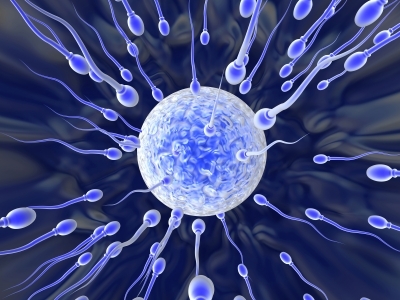Andrology
Andrology is the branch of medicine concerned with male health, focusing on the reproductive and urological aspects. It is now widely accepted that the male factor is responsible for about 40% of the causes of infertility, female factor for 40% and in 20% of the cases there is a combined male and female factor involved. Even with such a high incidence of male factor involvement, this branch of medicine has not been given due importance. We believe that the time has come, where attention needs to be paid to various social and physiological aspects of the male partner, in order to get a better understanding of the causes of male infertility
